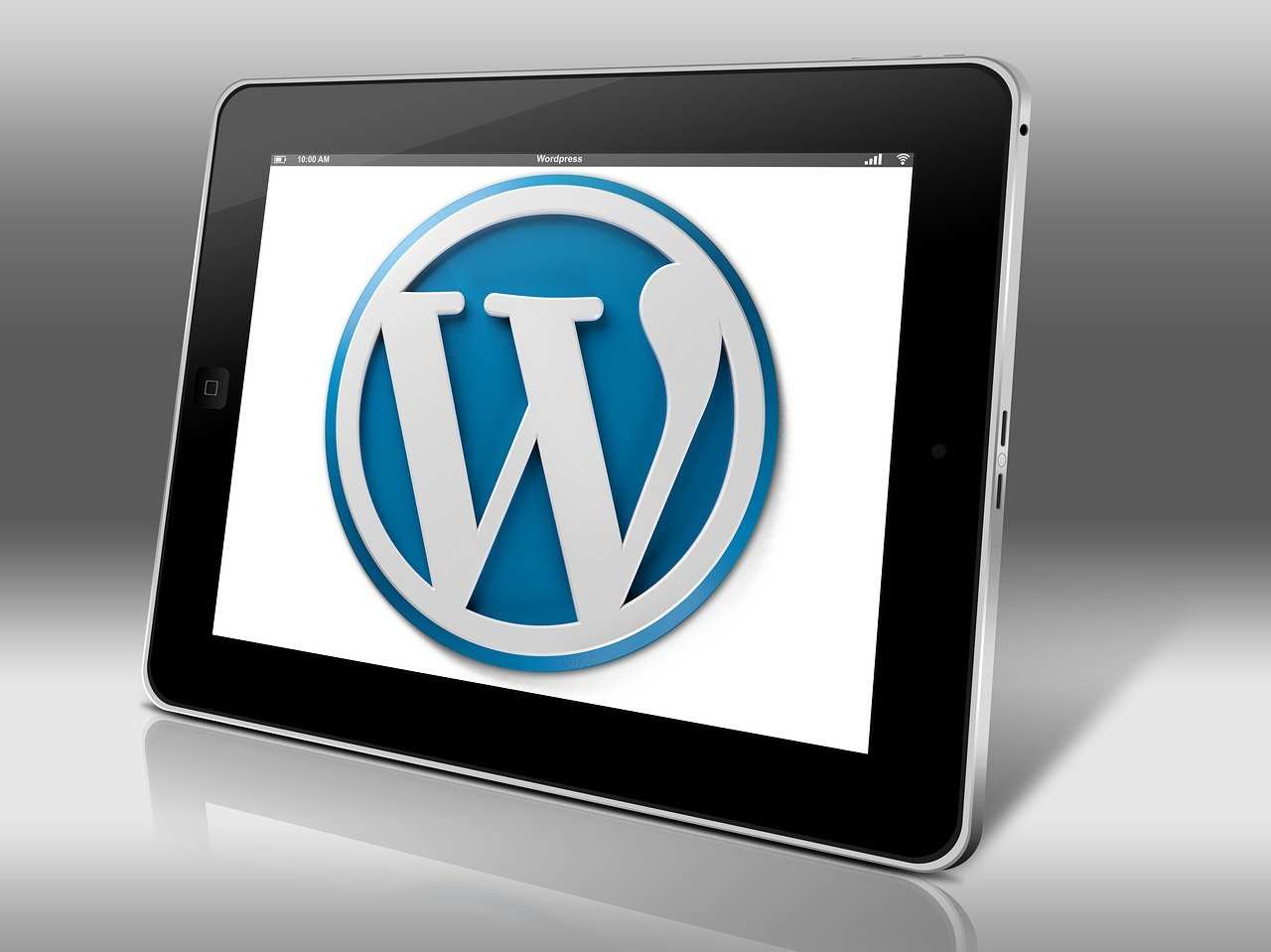When you discover a miracle drug, your business website will see millions of users instead of a few thousand. E-commerce sites may crash during important sale days and a blogging site may become extremely slow when a blog goes viral. This happens when you fail to scale your WordPress website properly for sudden traffic spikes.
Instead of waiting for the crash or letting your users have a poor browsing experience, it’s better to hire WordPress developers in India and scale your site effectively. They help you keep development costs low without compromising on quality.
Let’s check out a few expert tips for scaling your site:
1. Choose a hosting plan that allows vertical or horizontal scaling
Hosting providers have different plans for their customers. Some stick to the cheapest plan that allows for a couple of thousand visitors while top-tier plans provide more bandwidth and extra features. When starting, small businesses usually choose shared hosting. However, with limited resources, they offer a poor experience to your users.
Anticipating a big jump in website traffic? It’s best to switch to a hosting plan with horizontal or vertical scaling. Vertical scaling offers a more powerful CPU, more RAM, increased bandwidth, or other such power boosts to your server. On the other hand, horizontal scaling offers additional server nodes to handle different components of your website in different layers. WordPress developers for hirerecommend horizontal scaling that separates the front-end and back-end of your site and allows you to scale independently.
2. Get a caching plugin
Caching plugins store your website data and resources temporarily on the user’s browser. When a user opens your website, the browser can fetch small bits of data to display a web page without the need to load the entire site. In some cases, the browser doesn’t even need to send a new request to the server.
This helps to minimize the load on the server and allows you to serve more users with limited resources. WordPress development services in India prefer W3 Total Cache and WP Rocket as caching plugins for client websites.
3. Use clean code and scalable third-party services
Custom codes are indispensable if you’re trying to stand out in a competitive landscape. However, it’s important to follow the best coding practices while implementing them. If your code comes with a lot of unnecessary bloat, it will use more resources and slow website page loading speed.
On the other hand, custom WordPress development companies also try to steer clear of unnecessary plugins and third-party services. They aren’t just difficult to maintain, but may not offer scalability during sudden traffic surges. Keep your code error-free and scrutinize third-party services before integrating them to increase the scalability of your website.
4. Keep the MySQL database updated
Some parts of your website may become redundant or unnecessary. For instance, as a boutique fashion seller, you’ll run out of stock for certain items. Bring those redundant pages down and wipe them off from the MySQL database of your WordPress site. Those redundant website resources don’t just make your website slow, but become a source of vulnerability. These vulnerabilities get amplified when you’re trying to scale up your site.
5. Subscribe to a CDN
CDN or Content Delivery Networks are made of a network of servers that are strategically placed across the globe and store a copy of media files like videos, images, and documents on your website. When a user requests to open a page with high-quality video or images, the CDN serves the browser request from the closest server. This doesn’t just help increase uptime and SEO performance but also solves most of your scalability challenges.
6. Load test your website
You’ve made all the above-mentioned changes and increased the scalability of your website. Great! However, can you be sure that the website won’t fail during traffic surges? Fortunately, you can load-test your website with tools like Taurus and JMeter to make sure that the website is scalable and prepared for the worst possible scenario. Don’t be too comfortable and load-test your site from time to time, especially before big events or major changes.
7. Improve security
As your site gets more popular, hackers and malicious individuals are always trying to find more loopholes and vulnerabilities in your website. If you’re an e-commerce site, this may lead to the leak of sensitive user data. That’s why it’s necessary to follow the best security practices while scaling up your website.
With its headless design, WordPress is one of the best platforms for scaling up your website. However, implementing these changes for improved scalability can be challenging and very expensive without the help of a web development outsourcing company.
